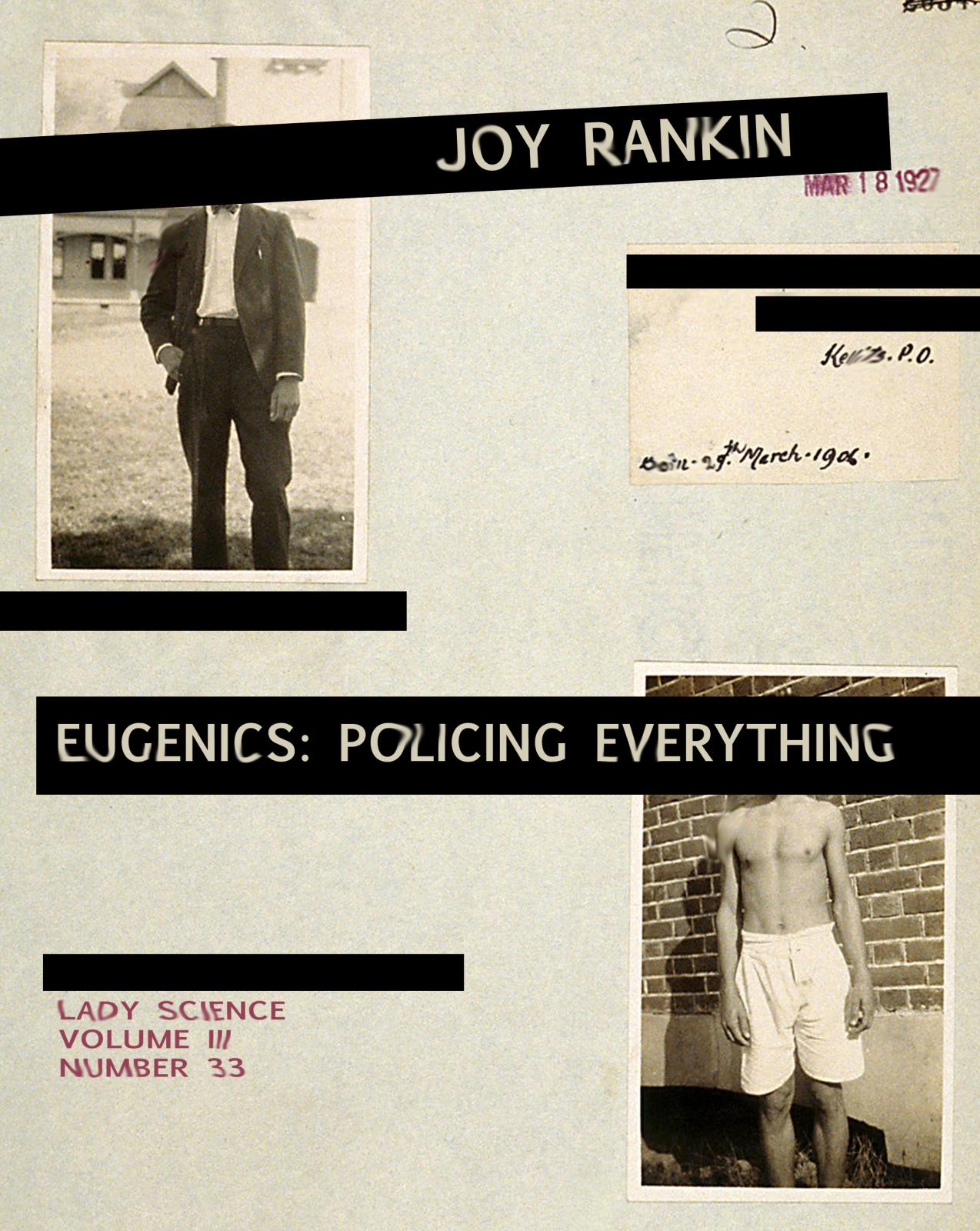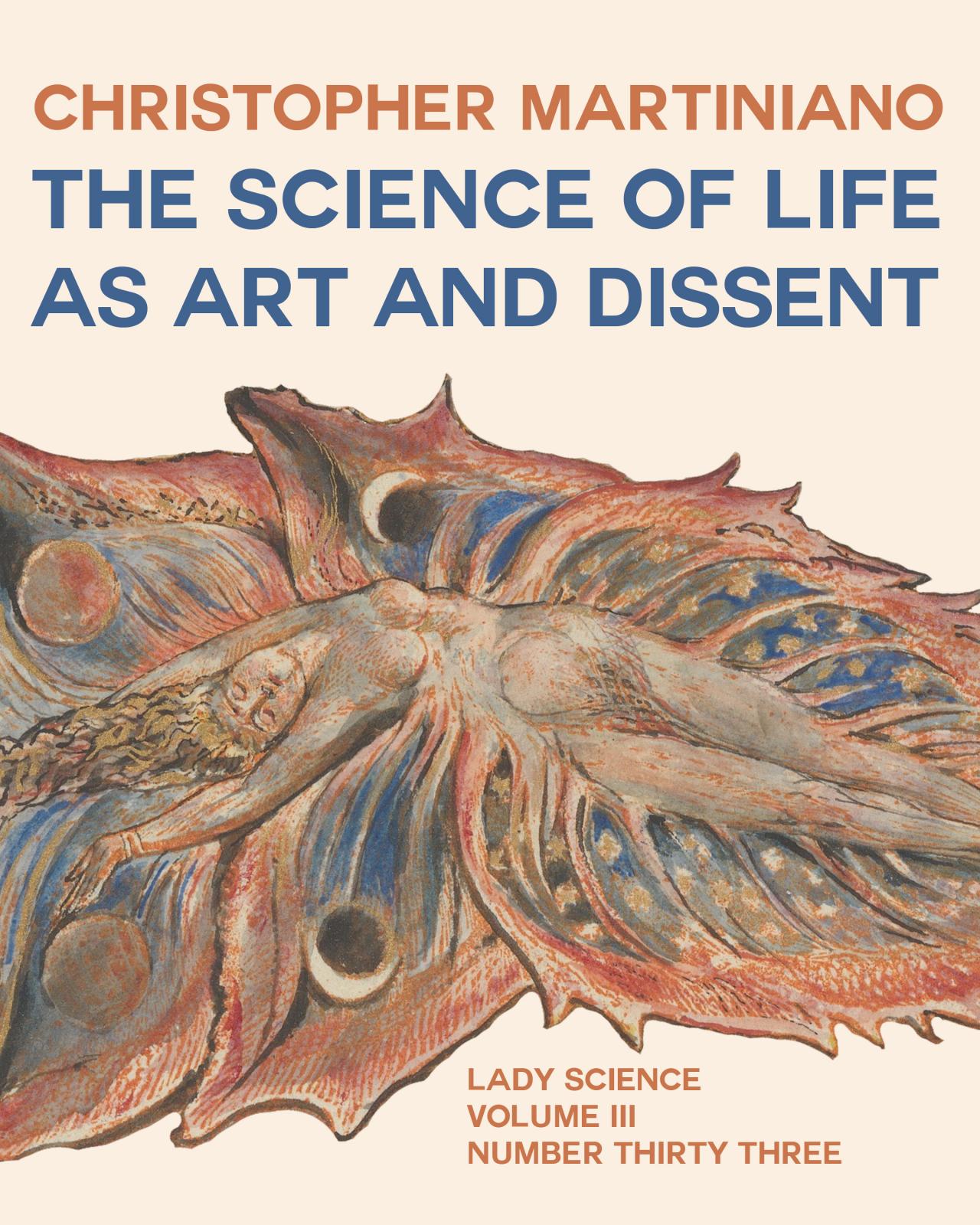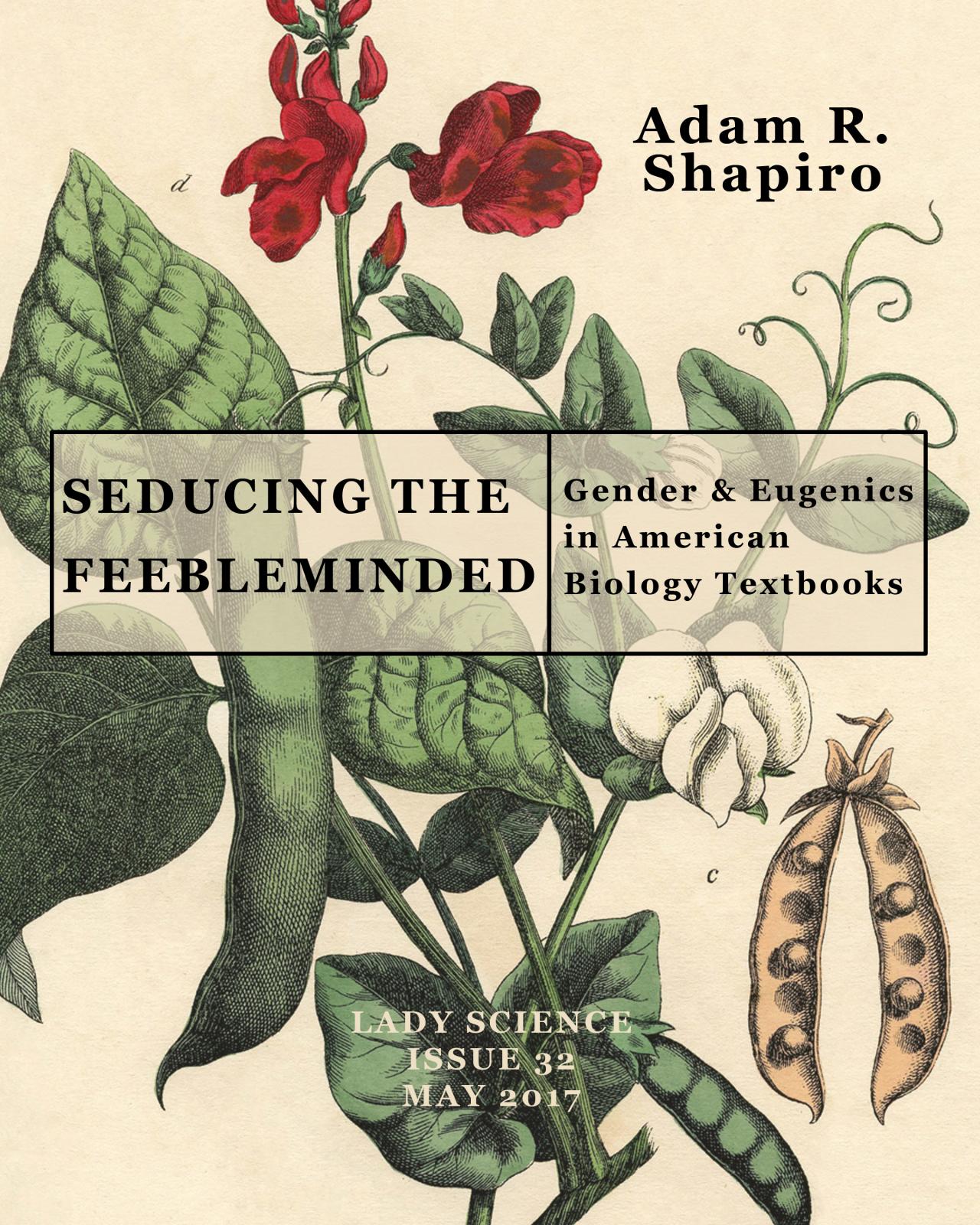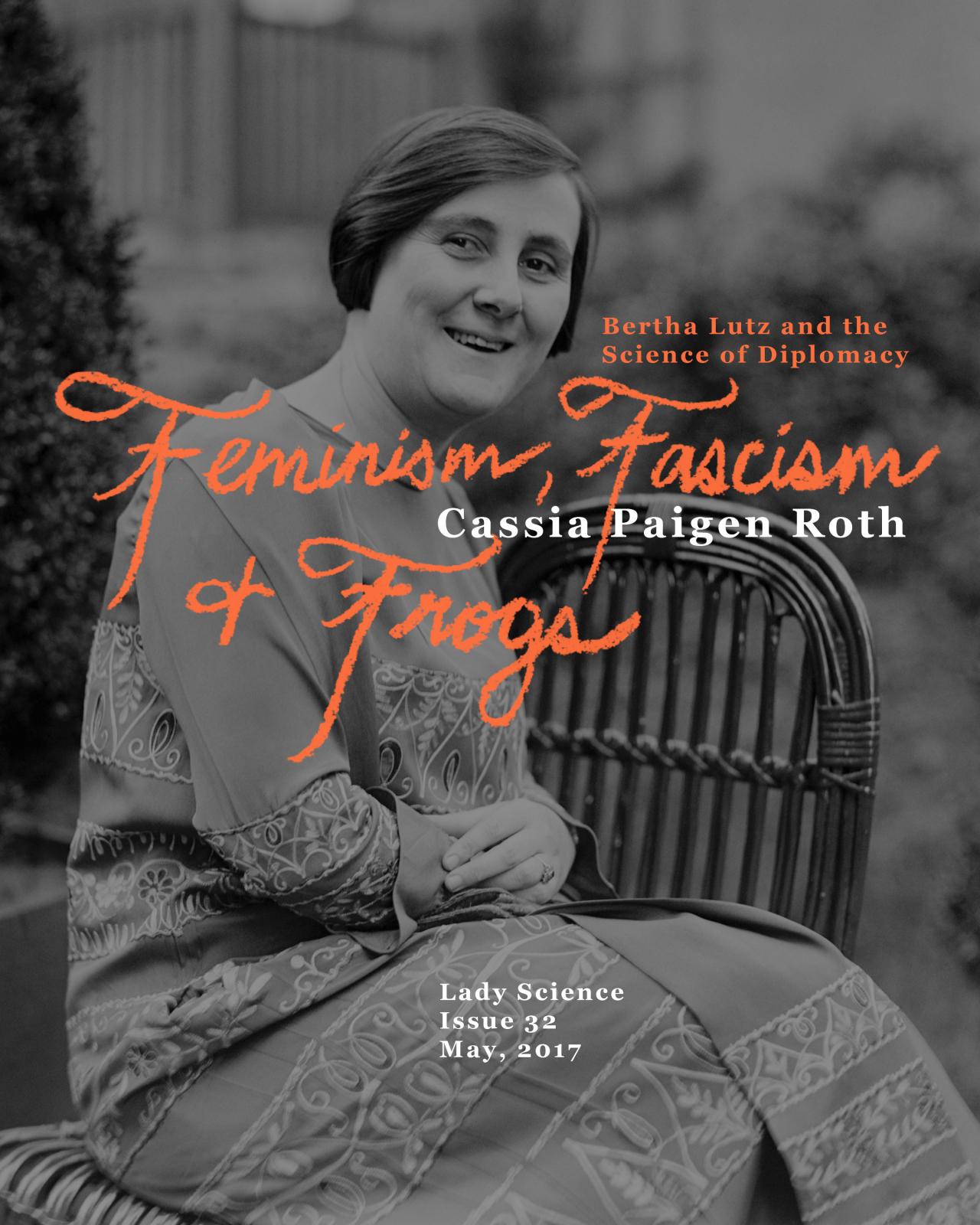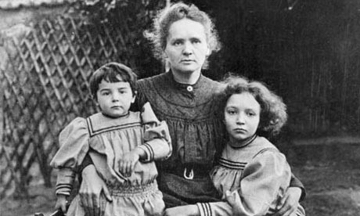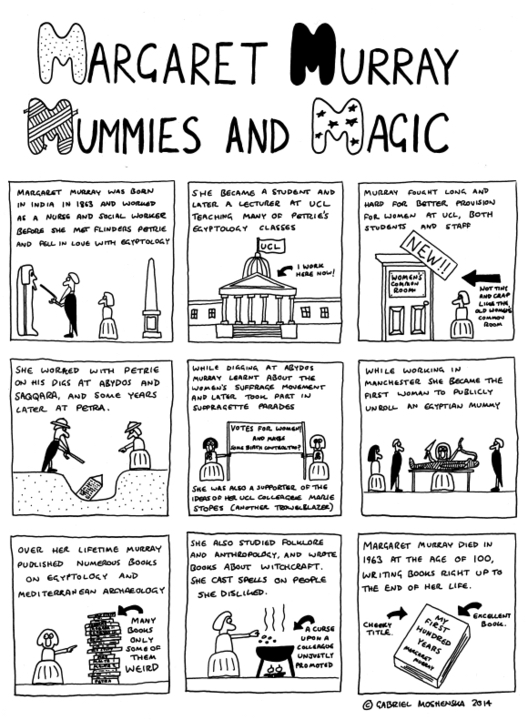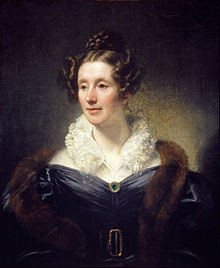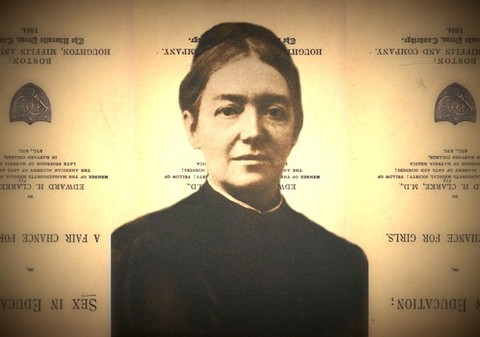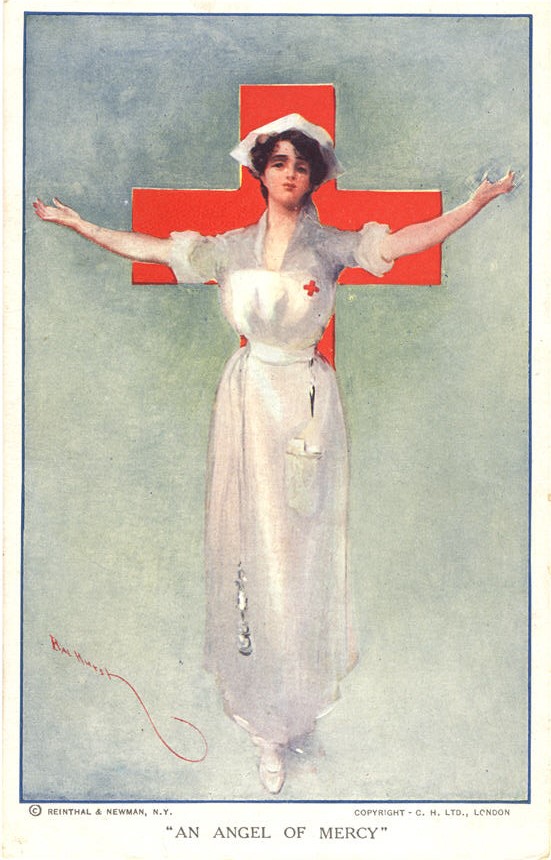Afton Woodward writes about the history of women as poisoners and critiques their representation in popular culture.
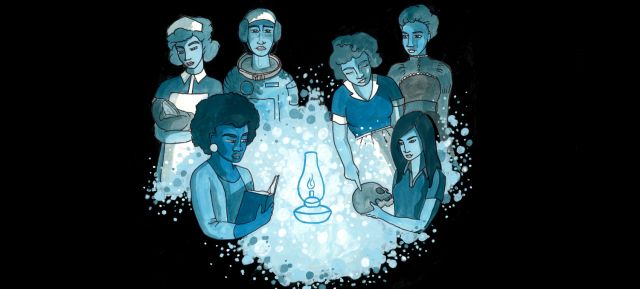
By Afton Lorraine Woodward When I saw that the new character in the Clue board game was going to be a woman botanist with an affinity for poison, I thought it sounded very, tiredly familiar. This is not to say that the addition of a woman scientist to a board game should not be considered progress—even in a game with murder as its primary motif, a woman character defined by her career rather than her marital status is preferable. But far from instigating a “feminist coup,” Dr. Orchid is only the latest in a stereotype-rich line of women botanists and poisoners from mythology, detective stories, comics, and science fiction. Modern stories, including comics, are slowly letting women scientists be geneticists, engineers, hackers--even Iron Man. But botany, especially when it can be a front for a poisoning operation, is over-ascribed to…
Read More...



